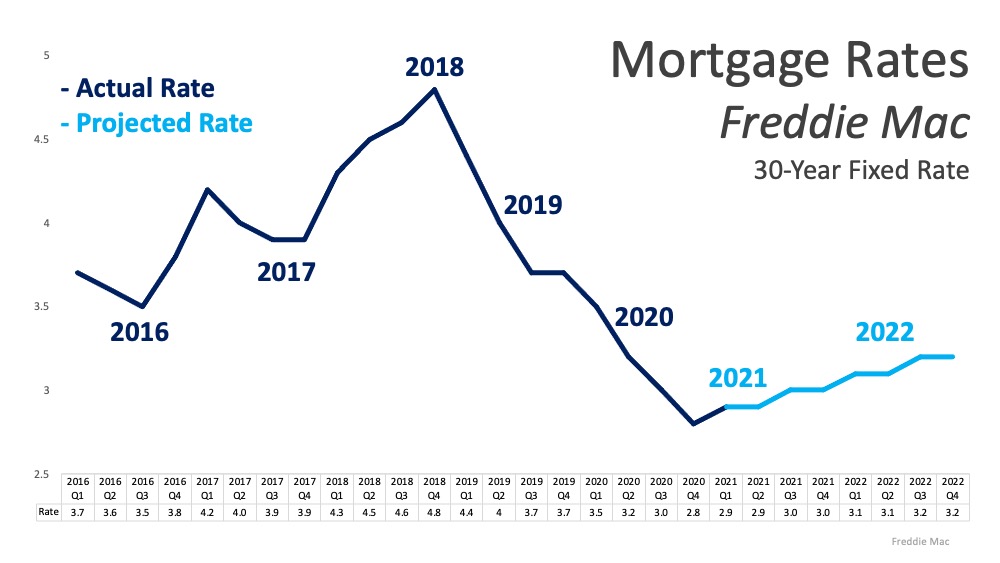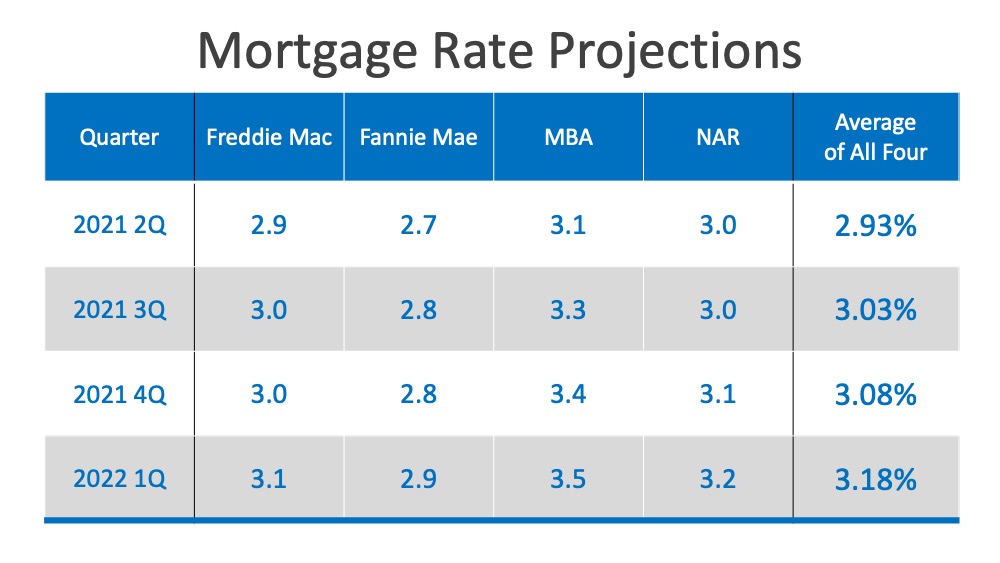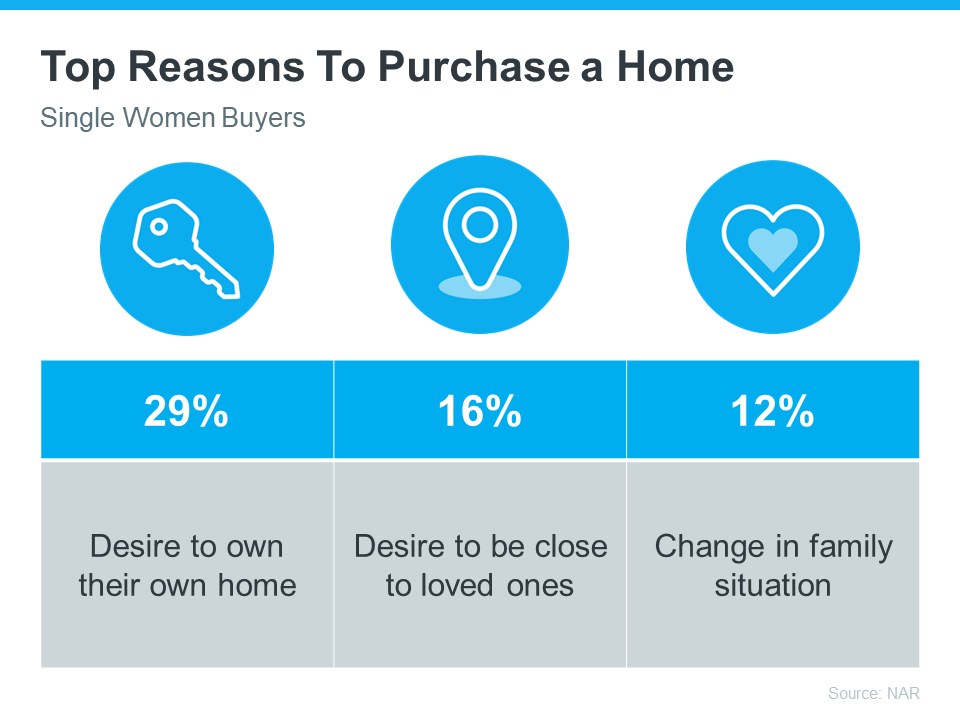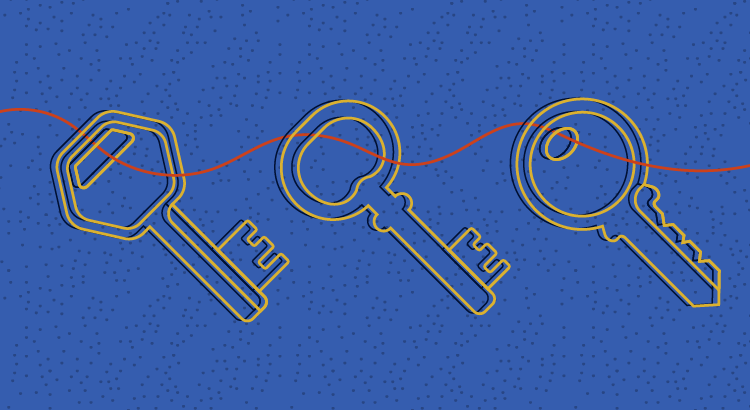

First Time Home Buyers
Will Low Mortgage Rates Continue through 2021?
First Time Home Buyers
Don’t Let Your Student Loans Delay Your Homeownership Plans
Buying Myths
Single Women Are Embracing Homeownership
First Time Home Buyers
3 Helpful Tips for First-Time Homebuyers [INFOGRAPHIC]
-

 Infographics3 weeks ago
Infographics3 weeks agoWhy Your Home’s Asking Price Matters More Today
-

 Agent Value4 weeks ago
Agent Value4 weeks agoYour House Didn’t Sell. Here’s What To Do Now.
-

 Downsize4 weeks ago
Downsize4 weeks agoYou May Have Enough Equity To Downsize and Buy Your Next House in Cash
-

 For Sellers3 weeks ago
For Sellers3 weeks agoWhy More Sellers Are Choosing To Move, Even with Today’s Rates
-

 Infographics4 weeks ago
Infographics4 weeks agoWhat You Really Need To Know About Down Payments
-

 Agent Value4 weeks ago
Agent Value4 weeks agoWhy Most Sellers Hire Real Estate Agents Today
-

 Buying Tips3 weeks ago
Buying Tips3 weeks ago3 Reasons To Buy a Home This Summer
-

 First-Time Buyers3 weeks ago
First-Time Buyers3 weeks agoWhy Homeownership Is Going To Be Worth It
















You must be logged in to post a comment Login